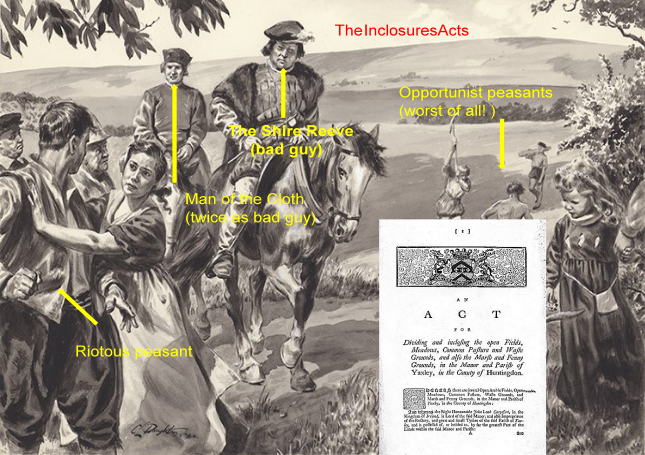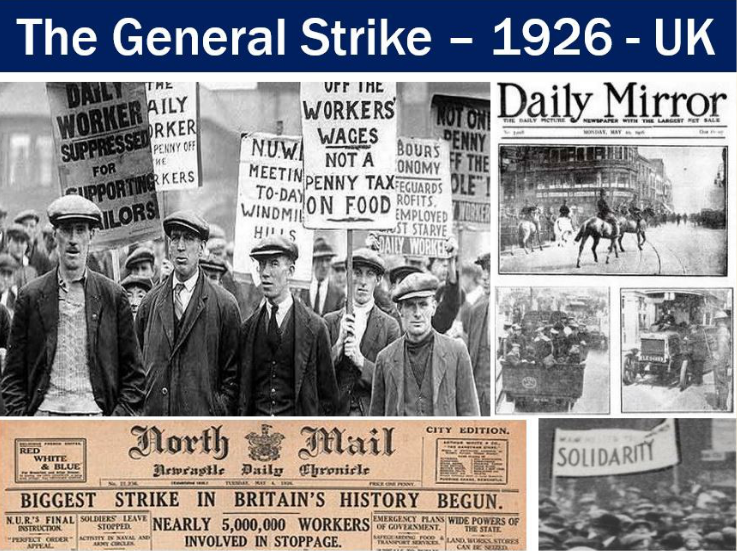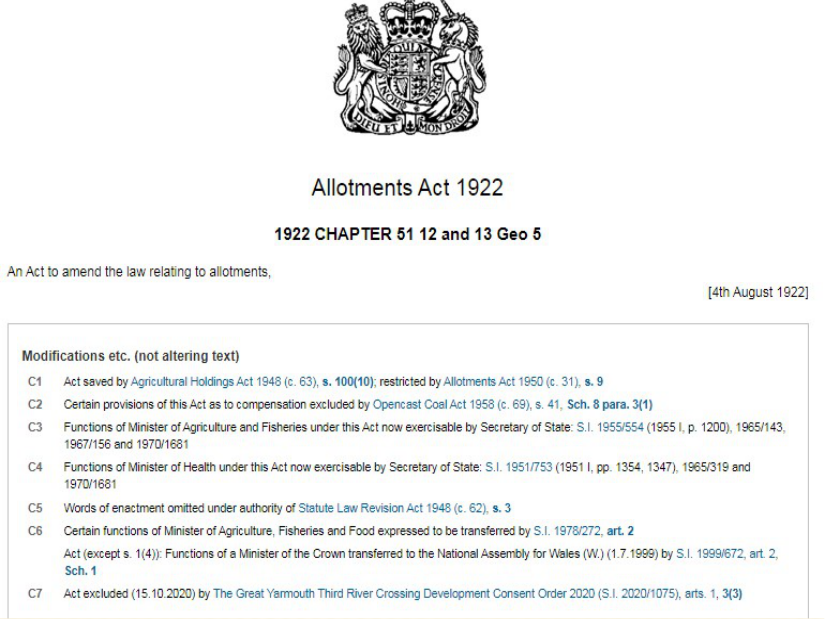Alan’s Opinion of How and Why Allotments came to be
This is going to seem like a fairy tale because you, dear reader are local to Chalfont St Giles and have probably forked out over £500,000 for your small piece of heaven to live in and if you’ve ever been involved in buying even a very small parcel of land – it’s not been cheap! Just arranging “way leave” for your drains to cross a neighbour’s patch can cost you a fortune and that’s after you’ve paid out to find the true owner.
Now, believe it or not, Dear Old England (the joke is – what ain’t old is dear!) - there was once large amounts of land that didn’t belong to anyone. They were regarded as Commons – land free for anyone to use – you could graze animals or even grow crops if you kept an eye on them because you couldn’t erect fences. Here’s some examples through the ages:-

In the beginning, not quite as far as the famed Genesis one but as far back as written history, there was plenty of space for everyone – even when batches of “flippin’ foreigners” kept turning up in the shape of Romans, Danes, Anglo Saxons and the Normans and little problems like the Black Death kept the population well within bounds. However, humans being the type of beings they are, kept making more beings and with growing knowledge of agriculture more of them survived the full seven score and ten years of promised life.
It also takes quite a lot of mental readjustment for modern people used to seeing a basically classless society all arguing over parking spots in Tesco (other supermarkets are available) that in times past – things were much different. Three hundred years ago – if you were born a peasant – you stayed a peasant – uneducated and totally without the means of self-improvement. Fortunate souls, those blessed with desirable manual skills merely existed to supply the Feudal System that hadn’t changed much since the Romans left.
You might wonder just how people put up with this state of affairs but not only did they do so but actually believed it to be a natural law and the few that didn’t swiftly found themselves hanging by their necks – or worse. The King had god on his side at the top of a command pyramid and like they say – you can’t fight city hall!
It was bad enough when your local aristo found himself on the wrong end of royal patronage, when you could find yourself out on your ear with the rest of his retainers but then miles and miles away in LONDON – they invented Parliament! And by the way – you didn’t have a vote.
Thus, we arrive at the year of our lord 1796 when this happened –

the Parliament gave permission – to vested interests – to begin Inclosures (yes, they spelt things funnily then too). This grossly outrageous theft was vigorously and rigidly enforced – this means, if you objected too much, you were likely to end up rigid.
The next hundred or more years were fraught with a virtual class war and even when not up in arms, there was much pernicious cold warfare and stand offs between the workers and the bosses.

Again, these events are difficult to appreciate in modern times – these guys weren’t going on strike for money to buy a better car or a package holiday but for bread, butter and shoes for their children.
It was about this time that moves were made to bring this into being
The Allotments Act – all very laudable, some of its proposers genuinely believed it would improve the lives of the common man and I’m equally sure that others thought that if all the agitators were gardening – they couldn’t be out on the streets rioting.

So that’s about where we are now, the Act and its revisions still provide that if six people in an area write their wish to tenant an Allotment – their local authority Council or Parish has to find land for the purpose and let it at “peppercorn” rent.
In modern times the old fashioned idea of granddad going to his plot with his tools tied to an old bike or wheel-barrowing a harvest from his serried ranks of spuds and cabbage has relaxed to the effect that all Allotments are now also classed as Leisure Gardens – so no need for veggies at all if you’ve come over all flowery!
Of course, it’s no work of genius to realise that with the huge land values and lack of housing Allotment lands are under threat now greater than at any time in the past. We in Back Lane Allotments and a few others locally are fortunate in that we are relatively safe but this happy time will only continue while we all demonstrate a clear need by proper and timely cultivation of all our plots.
The Committee of Back Lane Allotments has been revitalised of late with many more proactive maintenance and refurbishment schemes – areas that have lain dormant for years are now productive, we have a waiting list and we look forward to future growth.
Alan, August 2023.
(R.H.S. Speaker and Judge - available for U3A meetings)